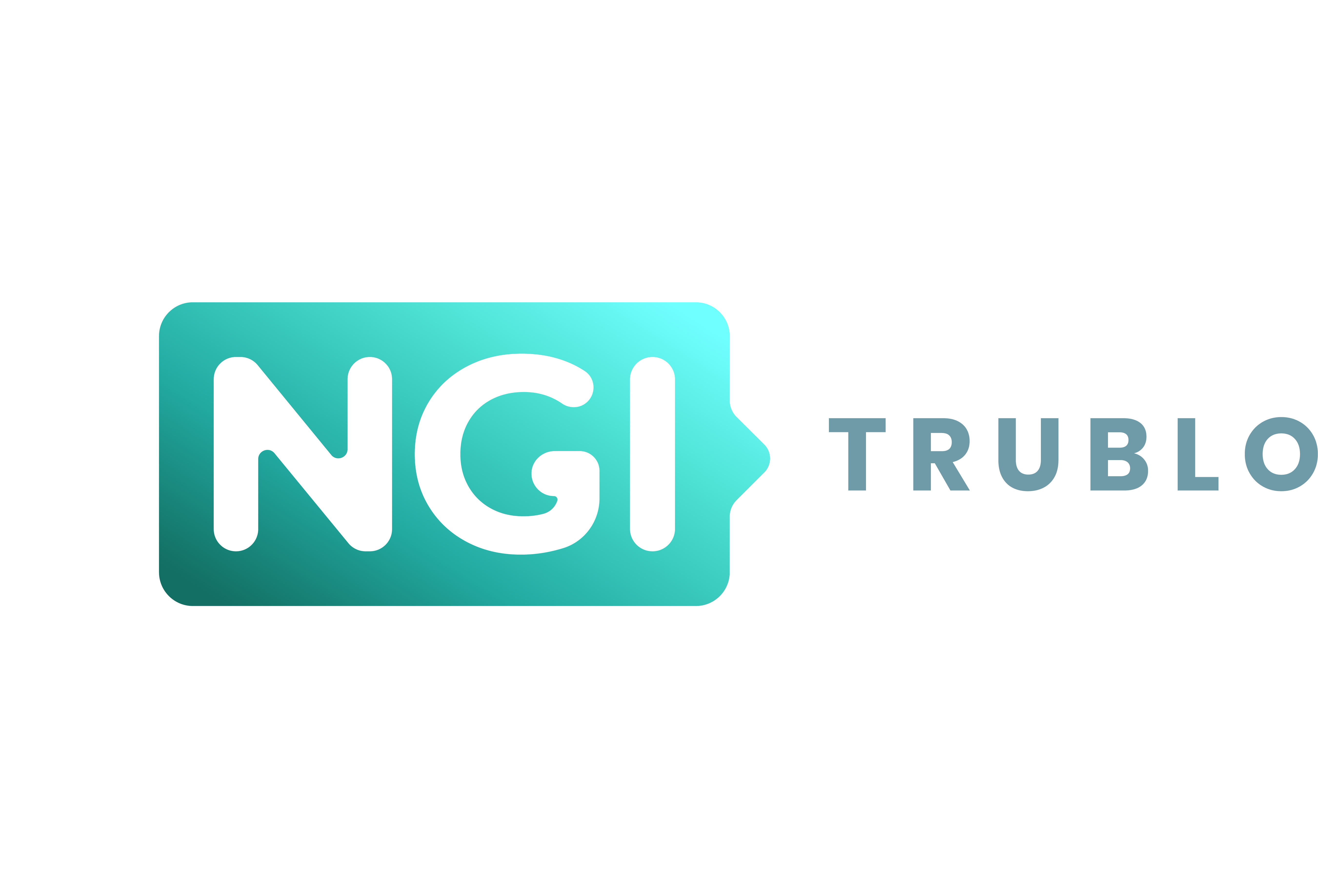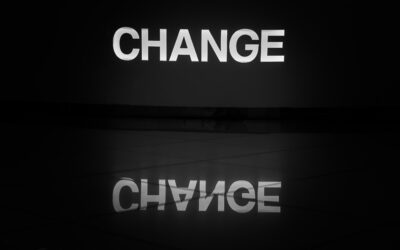Five Minute Blockchain – No. 46
27.01.2023
Estimated reading time: 6 minutes
QUOTE OF THE WEEK
Reasonable AI Policy:
“I expect you to use AI (ChatGPT and image generation tools, at a minimum) in this class. In fact, some assignments will require it. Learning to use AI is to skill, and I provide think tutorials in Canvas about how to use them. I am happy to meet and help with these tools during office hours or after class.
Be aware of the limits of ChatGPT:
- If you provide minimum effort prompts, you will get low-quality results. You will need to refine your prompts in order to get good outcomes. This needs work.
- Don’t trust anything it says. If it gives a number or fact, assume it is wrong unless you either know the answer or can check in with another source. You will be responsible for any errors or omissions provided by the tool. It works best for topics you understand.
- AI is a tool, but one that you need to acknowledge using. Please include a paragraph at the end of any assignment that uses AI explaining what you used the AI for and what prompts you used to get the results. Failure is a violation of academic honesty policies.
- Be thoughtful about when this tool is useful. Don’t use it if it isn’t appropriate for the case or circumstance.
Credited to: Sarah Dillard, Wharton University
TRUST
LastPass breach is an ongoing nightmare
If there is one thing which should not happen to a password manager is that it has a breach, and this is what happened at LastPass on November 30, 2022. One thing making the mess even messier is the attackers, step by step, gained even more control, e.g. by stealing the customer back-ups and then getting the encryption keys.
Bad Reputation
There is a notable difference between physical and biological systems; different rules and effects drive them. In the physical domain, the control over outcomes is high. You can make the production of even very complex products perfect over time.
In the biological domain, you have less control – one effect or input in the system can have none or multiple products. Populations, ecological systems, and human communication have structure but can only partially be controlled.
To demonstrate the difference, look no further than Elon Musk. His actions on Twitter are affecting his reputation. According to Bloomberg, the negative perception of Musk has adverse effects on Tesla, the buyers and the stock.
Phantom climate credits
Finding from an investigation by a German newspaper and a nonprofit:
“The research into Verra, the world’s leading carbon standard for the rapidly growing $2bn (£1.6bn) voluntary offsets market, has found that, based on analysis of a significant percentage of the projects, more than 90% of their rainforest offset credits – among the most commonly used by companies – are likely to be “phantom credits” and do not represent genuine carbon reductions.”
Note: Several early-stage projects funded by TruBlo are working on data capturing for carbon, agriculture and other data where trust in the entries is a crucial challenge: CERES, Crowd-Field Companion, CO2Path, FarmerConnect, LoRa Trust.
Enforcing GDPR takes too long in Europe.
Europe has established far-reaching privacy laws. But enforcing them is a laborious process, and it might take years until a violation is fined.
“…many of the rights have been nearly impossible to exercise because legal challenges based on the law have often languished at the Irish Data Protection Commission, which handles most GDPR complaints against Big Tech.
According to the agency’s own statistics, the Irish Data Protection Commission had a backlog of more than 300 outstanding GDPR complaints as of the end of 2021, many dating back to 2018.”
China is the Worlds biggest face-recognition dealer
A study by the Brookings Institute says China is now the world’s biggest exporter of face recognition.
“The report finds that Chinese companies lead the world in exporting face recognition, accounting for 201 export deals involving the technology, followed by US firms with 128 deals. China also has a lead in AI generally, with 250 out of a total of 1,636 export deals involving some form of AI to 136 importing countries. The second biggest exporter was the US, with 215 AI deals.”
While the technology has many practical use cases, it can and is used for surveillance. With powerful AI image processing, the technology can be used by repressive, authoritarian states. The study warns that some countries starting to use such technology could shift away from democracy and freedom because the technology allows them to enforce repressive policies.
Brookings: Exporting the surveillance state via trade in AI
CONTENT
Multiple billions, multiple years
Microsoft will invest billions over “multiple years” into Open AI, which makes ChatGPT and DALL-E. Microsoft had already invested one billion earlier.
Related:
OpenAI Used Kenyan Workers on Less Than $2 Per Hour to Make ChatGPT Less Toxic (Time Magazine)
If you can’t beat them, join them.
Stock photo and visuals platform Shutterstock signed a deal with Open AI.
“Customers of Shutterstock’s Creative Flow online design platform will now be able to create images based on text prompts, powered by OpenAI and Dall-E 2. Key to the feature — which does not appear to have a brand name as such — is that Shutterstock says the images are “ready for licensing” right after they’re made.”
Competitor Getty images are currently in a lawsuit against Open AI competitor Stability AI.
Stay positive
Slay is a new social media app created by a team in Germany. The goal is to be a “positive social media network for teenagers”. Essentially the platform allows making compliments to others. It seems to be a hit. In just four days, it became No. 1 on the iOS App Store in Germany and is now gaining traction in the UK.
Too big, too dominant
Google is in serious legal trouble. In the US, the company is facing an antitrust investigation. The basis is that Google is considered a monopolist in the digital ad business. Platformer has an in-depth look at the case and why it is a treat to Google.
BLOCKCHAIN
Inevitable CBDCs
Bank of America has published a report claiming that digital currencies (Central Bank Digital Currencies) are “inevitable” because they could simplify regional or global money flows.
“We view distributed ledgers and digital currencies, such as CBDCs and stablecoins, as a natural evolution of today’s monetary and payment systems.”
In addition, a research report by Blockdata (available for free) lists 15 enterprise use cases for blockchain technology. Expected areas of blockchain use are simplifications for capital markets and digital identity management.
Blockdata: The state of CBDCs in 2022 (published December 7, 2022)
Potential for a common currency in Latin America
Lula da Silva, president of Brazil:
“Why not create a common currency with the Mercosur countries, with the BRICS countries? I think that is what is going to happen. You can establish a currency for trade that the central bank sets.”
Crypto must be covered
European banks might have to cover any crypto holdings with certain capital levels. This is the goal of a draft text, which might become law in the future.
SHORT LINKS
- Prediction: Bitcoin not to pass price of $30K in 2023, 56 experts say (Coinmarketcap)
- Why is crypto bouncing back (January 26 @bitcoin at 23K) (Coindesk)
- Venture Investments into blockchain continue to free-fall (Cointelegraph)
- Coinbase’s Chief Product Engineer will leave with a $105 million paycheck (DL News)
- First nuclear-powered bitcoin mine to open in 2023 (CNET)
- Crypto Regulation Worldwide, comparison (Coinbase)
Thank you for reading. If you have questions or suggestions, please get in touch with us via info@trublo.eu.





0 Comments